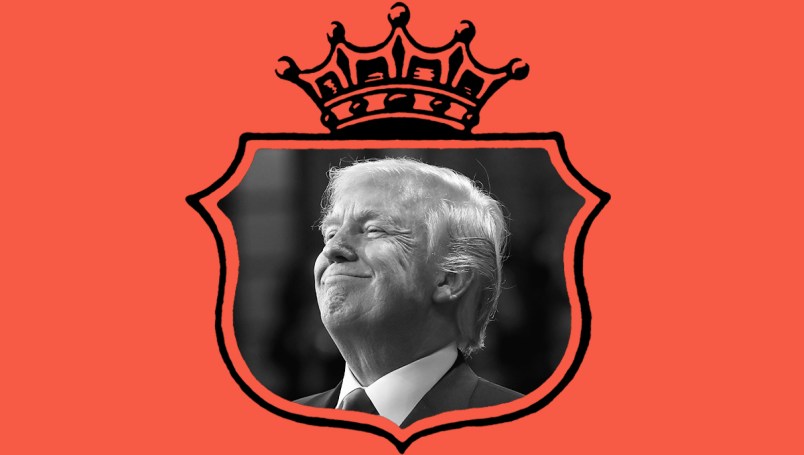The Senate voted Wednesday to acquit President Trump of charges of abuse of power and obstruction of Congress related to his Ukraine conduct, bringing to an end a fast-tracked two-week impeachment trial.
The vote for conviction was ultimately bipartisan, robbing Trump and Republicans of a key talking point, while those voting for acquittal were strictly Republican. No Democrats voted with Republicans to clear Trump on either of the articles, while one Republican, Sen. Mitt Romney (UT) voted to remove the President on abuse of power.
Because conviction required a two-thirds majority in a Senate where Republicans have 53 seats, an acquittal always seemed guaranteed. Wednesday’s vote served as a denouement to a more contentious fight over bringing additional witnesses and documents into the Senate proceedings.
Democrats failed in that effort, and previewed arguments that Wednesday’s acquittal was illegitimate because it was not produced by a “fair” trial.
“If there are no witnesses, no documents in this trial, there will be a permanent asterisk next to the acquittal of President Trump written in permanent ink,” Minority Leader Chuck Schumer (D-NY) said last week.
Nonetheless, Senate Republicans in their handling of the proceedings have mostly shirked any obligation to hold the President accountable for a scheme that involved withholding military aid from Ukraine to force announcements of investigations into Trump’s political rivals.
In the statements explaining the vote, many Republicans suggested the President’s actions were justified. Others avoided weighing in on his conduct by focusing on complaints about the House’s problems, or claiming that the House’s allegations, even if true, would never amount to an impeachable offense. Only a few GOP senators voiced any concerns about the behavior exposed by the trial as they headed into the acquittal vote.
The scandal was first forced into public view with a whistleblower complaint — initially withheld from Congress by the administration — that the House became aware of last fall. The complaint centered around a July 25 call between Trump and Ukraine President Volodymyr Zelensky in which Trump prodded Zelensky for investigations into Joe Biden and a debunked conspiracy theory alleging Ukraine 2016 election interference.
The House impeachment inquiry further exposed a months-long effort led by Trump personal attorney Rudy Giuliani and his associates to dig up dirt on the Bidens and to smear anyone who appeared to get in the way of the scheme. Several administration witnesses defied Trump to participate in the House inquiry, but the White House successfully blocked the cooperation of aides closest to Trump, who could have provided first-hand accounts of Trump’s involvement in the effort. The administration also withheld production of documents subpoenaed by the House.
While explaining their votes against Senate trial subpoenas and in favor of acquittal, some Senate Republicans conceded that Trump’s behavior was “inappropriate” but that it did not warrant his removal — particularly so close to an election. The House, meanwhile, argued that Trump’s effort to cheat in the 2020 election put the election itself at risk.
Regardless, several Republicans appeared to embrace a radical argument put forward by Trump attorney Alan Dershowitz that abuse of power is not an impeachable offense.
The repercussions of the acquittal will be felt through the 2020 election and beyond.
President Trump is unlikely to feel humbled, even with the occasional GOP statement condemning his behavior, and many see Wednesday’s acquittal vote as emboldening his efforts to use U.S. foreign policy to smear a possible electoral opponent. Some Senate Republicans have vowed that they will push for investigations into the baseless allegations against the Bidens that had driven Trump’s Ukraine crusade.
A handful of Republicans who criticized the President whiling voting to acquit the him claimed that Trump had learned his lesson because of the verbal pushback he received over his Ukraine behavior.
Trump, meanwhile, reportedly told journalists on Tuesday that he disagreed with that assessment and still believed he had done nothing wrong.



